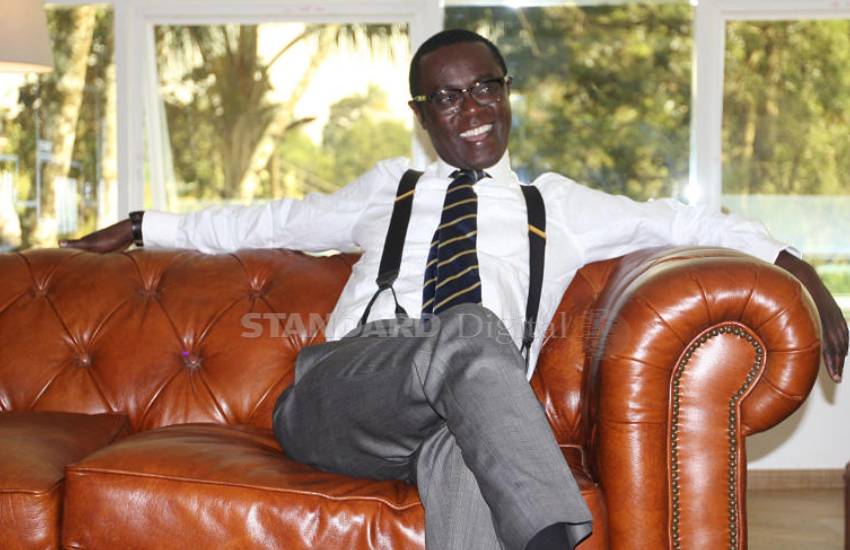×
The Standard e-Paper
Smart Minds Choose Us

In the field of political science and political commentary, Mutahi Ngunyi likens himself to a concert pianist. He has put in the hours and honed his craft.
Political analysis, he says, is a precise science, not crystal ball gazing. He says his true strength is not in his cleverness but in the time he has put in.